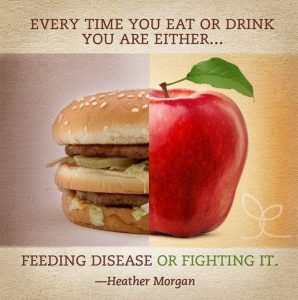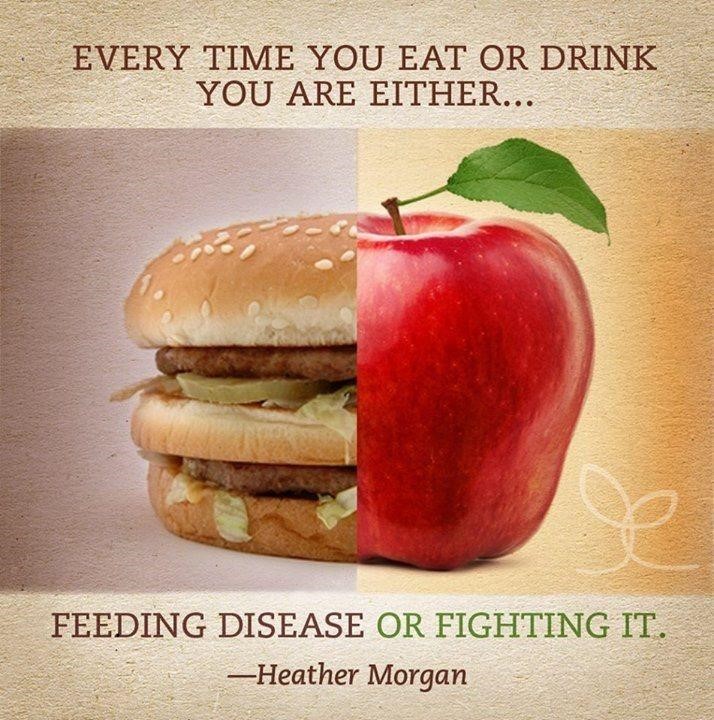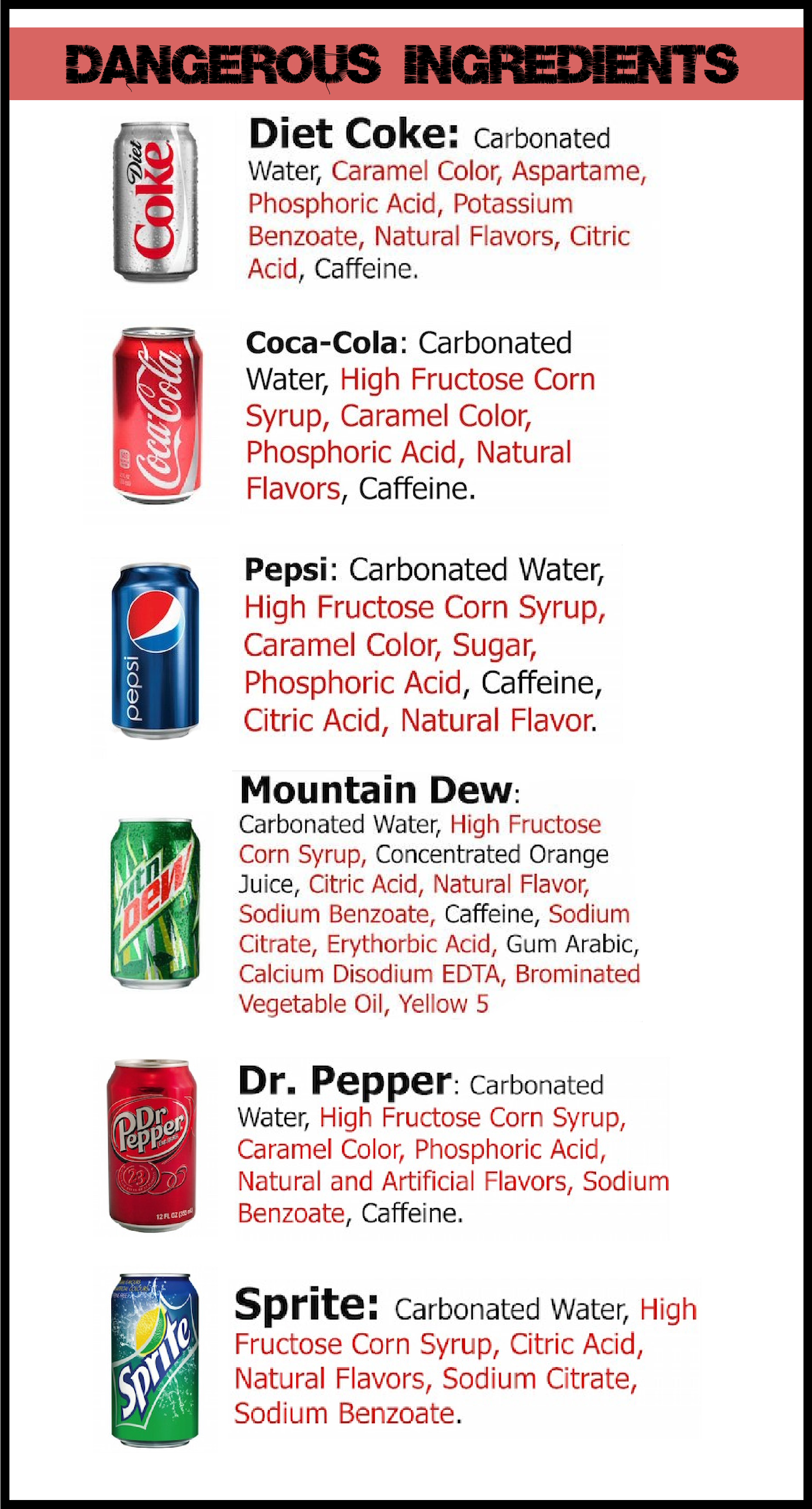Health: An Investment, not an Expense!
Our health is an investment in the future!
We live to work, plan, sock our money away, and spend wisely. While it can be daunting and downright annoying, we do it all for the future: for those sweet, golden days of retirement. This sounds wonderful—it’s responsible. Through all that preparation and those dreams of lying on a beach, too many of us wait to do health planning until we have no choice: until we are sick or injured. What happens to all of that responsible saving then? It will go right to that growing pile of medical debt.
Millions of Americans as young as their early twenties are already participating in the financial planning of their future. With the 401(k) plan as the leading investment vehicle for conventional thinkers, fitness and diet tend to take a backseat to the hopes of beach communities and days spent on the golf course. Unfortunately, too many of us do not see how one affects the other.
Our lives—our lifespans—are determined by our time spent alive, breathing, whether upright or not. Our health span, however, is our time spent in wellness, vitality, and good health. I wouldn’t be out of line to say that everyone wants the two to run concurrent. What good is a long lifespan if the health span gets cut short? The good news is that while we plan our financial strategy, we can plan a successful aging strategy at the same time by forming good habits, building healthy relationships, and supporting the body with supplements and real foods. We can promise ourselves that leisurely future by making health a lifestyle instead of a chore. This should sound easy enough. Unfortunately, for most, when the topic of living in wellness comes up, so does the cost. Many people have an exaggerated outlook on how much it actually costs to live a healthy life. On the other hand, many people do not realize how much it will cost if they do not.
Common Concerns and Answers:
“It’s too expensive to buy organic.”
Do you ever wonder why real, good-for-you food is more expensive than processed out, unhealthy foods? If you haven’t yet, you should. Just like an expensive jacket that will last you years, the same can be said for organic food: it’s about quality and the work that goes into keeping the foods clean. Organic farms are usually smaller, and it costs more to control the pests and weeds. They do it without using artificial pesticides, which is more labor-intensive, harder, and more expensive than using most pesticides. Do you know what long-term exposure to pesticides will do to your body? Cancer, cancer, CANCER. Pesticides and herbicides are poison, and we ingest them. GMO corn, for example, was engineered to produce its own insecticide: Bt-Toxin. Unfortunately, that toxin is not specific to insects—it’s poisonous to humans, too. Not only does Bt-Toxin cause cancer, but it also destroys the digestive track. In the end, I would rather pay the farmer with the smallest farm and less toxins than the doctors with the biggest hospitals and most meds.
“I can’t afford to buy supplements.”
In a perfect world, we wouldn’t need supplements. In a magical world of balanced diets, our unprocessed food alone would provide all the vitamins and minerals our bodies need. We could hope to rely on the body’s natural ability to kill bad bacteria and protect the gut, but normal nuisances like stress, antibiotics, chlorine, fats, oils, and sugar actively destroy our natural probiotics. This leaves the gut defenseless. It’s always nice to have a backup, which is why it’s important to take a daily probiotic that balances the good and bad bacteria in your body and moves food through your gut. To put it simply, probiotics defend your body against Irritable Bowel Syndrome, Irritable Bowel Disease, and Infectious Diarrhea. Convinced? Me, too. A good probiotic can cost about $40 per month. That’s one night out at a restaurant for one more step toward good health and less medical bills in retirement.
The same can be said for Fish Oil, which protects the body from disorders such as ADHD, Alzheimer’s, Cancer, Arthritis, Anxiety, and Cardiovascular Disease. Our food alone does not provide the correct amount of omega 3-fatty acids we need to live. $25 per month (3 days of brown-bagging it for work) sounds good to me, when considering: According to research conducted at Harvard University, omega-3 fatty acid deficiency is ranked as one of the top ten causes of death in America, claiming the lives of up to 96,000 people each year (Dr. Axe, 2017).
On our own, it’s virtually impossible to get the correct amount of vitamin D, which plays an essential role in making disease-preventing proteins and enzymes, and affects more than 2,000 genes in the body. It enhances muscle strength, builds bone, has anti-inflammatory and anti-cancer effects and bolsters the immune system. Cut this from your daily regime, and you could be leaving your body vulnerable to afflictions like heart disease, cancer and diabetes. For $25 per month, you might avoid $85,000 or more being cashed out of your 401(k) to cover a medical debt later.
Always remember to buy your supplements only through your health practitioner while under their care and direction. Make the smart choice to not buy over the counter or the internet, making sure to always purchase GMP certified, 3rd party tested quality supplements.
“We only live once; I want to have fun while I’m young!”
I promise: You’ll want to have fun while you’re old, too. Better yet, you’ll also want to be able to walk yourself to the restroom. The future-you begs the present-you to invest in your health now, while you can, to avoid that giant pile of debt going to cancer, diabetes, Alzheimer’s, cardiovascular disease, urinary infections, anemia, high blood pressure, high cholesterol, ulcers, etc…
Your children and grandchildren will thank you when you are enjoying time with them now and as you continue to age healthily!
Let’s Talk Numbers:
The average American contributes $2,100/year over a 40-year career into an investment returning a hypothetical 6% annually. This results in retirement savings of $84,990.31. Now, imagine that average American did not plan for their health, and just as their retirement came so did a debilitating disorder:
Cancer with insurance:
- Treatments: $80,000 or more
- Plus medications: $12,000/year or more
Kidney Disease with insurance:
- Treatment/transplant/medications: $260,000
Diabetes with insurance:
- Medications: $13,700/year

Rewind a bit, assuming a family of four, add up $13,000/year for groceries eating real organic food, ($250/week) and supplements of $1,080/person per year.
For a family of four, $17,320/year for healthy food, supplements, good health, quality of life as well as quantity, seems much smaller when thinking about $260,000 (for 1 person), doesn’t it?
Tips to Good Health:
Buying Organic on a budget
- Find coupons from sites like Mambo Sprouts and All Natural Savings.
- Purchase organic produce online from companies like Door to Door Organics, Blue Apron, or Thrive Market
- Plan ahead for the week, which will eliminate the last-minute dining out option
- Buy in bulk
- Buy organic frozen produce—it’s usually cheaper
- Choose brands that save you money, like Kroger’s Simple Truth brand
- Buy local (Farmers Market)
- Grow your own
As with everything, however, there are always compromises to be made. If you find yourself wondering when it’s safe to skimp on the organic, Dr. Axe updates his list every year: https://draxe.com/how-to-buy-organic/
Why You Shouldn’t Get the Cheapest Supplement
- Over-the-counter supplements are hugely under-regulated
- Research has proven that a lot of over-the-counter labels are not what they claim—doses are wrong and some carry foreign materials such as saw dust. Yes, SAW DUST
- The lack of oversight can actually make you sick
- You’re wasting money on a product that doesn’t even do what it claims
What should you look for? Pharmaceutical grade, third-party tested supplements.
Is it Time to Rethink Your Budget?
If you’re still one of those people saying to themselves (or to me, right now, at your screen), “I just can’t afford to live healthy,” then maybe it’s time to step back and take a hard look at your month. How many times did you go out to eat? How much did you spend on that trip, new phone, new outfit, or all those coffees you purchase every week? There is something that you can cut out to make room for a healthy investment toward your future.
You just have to decide what you can live without now in order to live in health later.
Adrian Schirr
Forum Health Clarkston
7300 Dixie Hwy, Suite 500, Clarkston, MI 48346
248-625-5143
References:
https://draxe.com/fish-oil-benefits-health/
https://foodbabe.com/2013/05/20/how-to-eat-organic-on-a-budget/
https://www.getinsured.com/
https://transplantliving.org/index.php
https://diabetes.org







